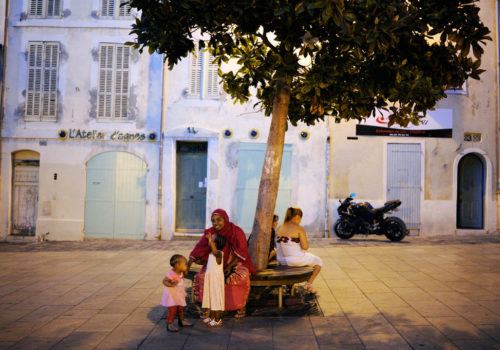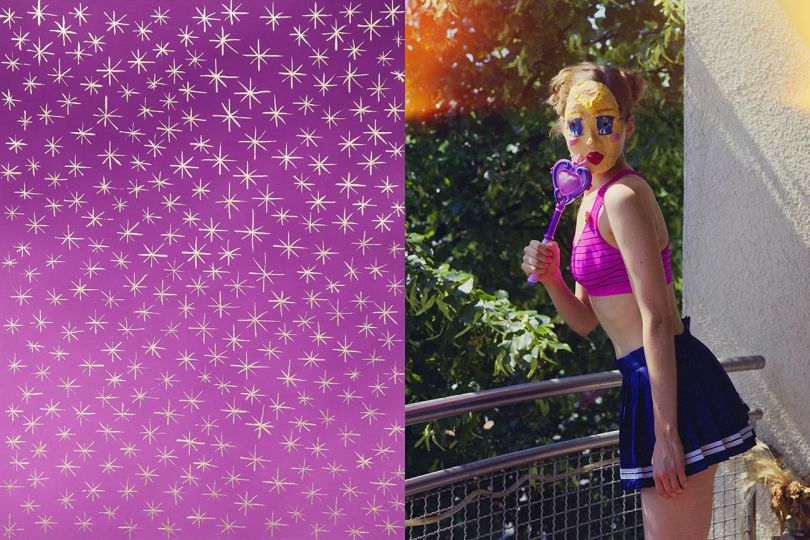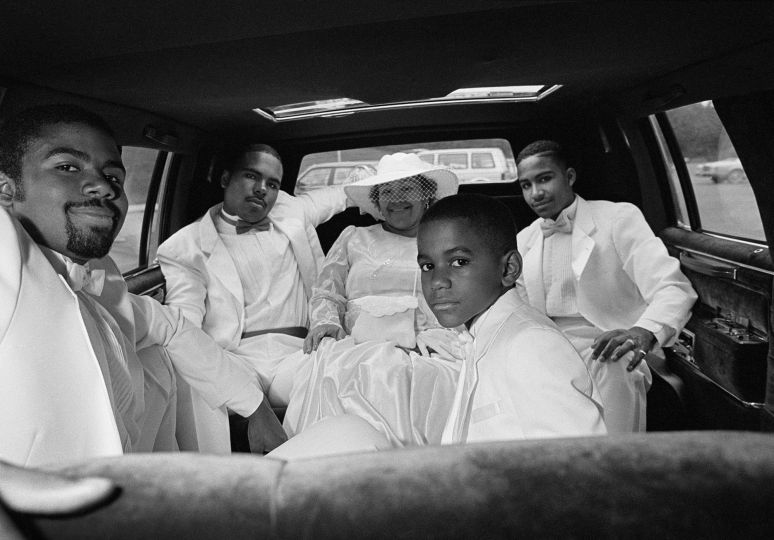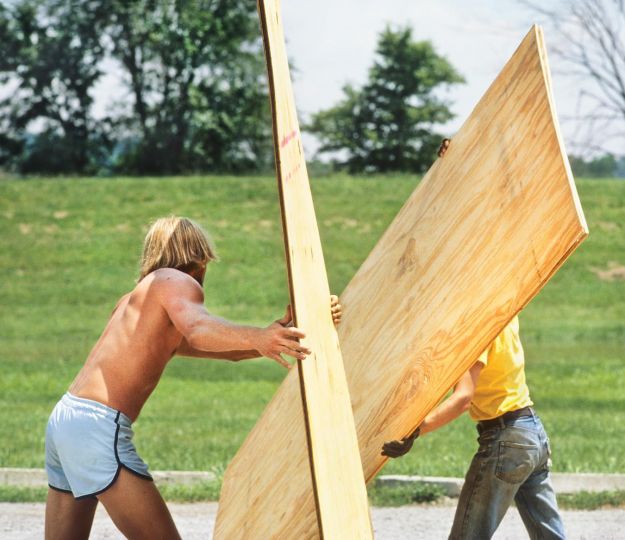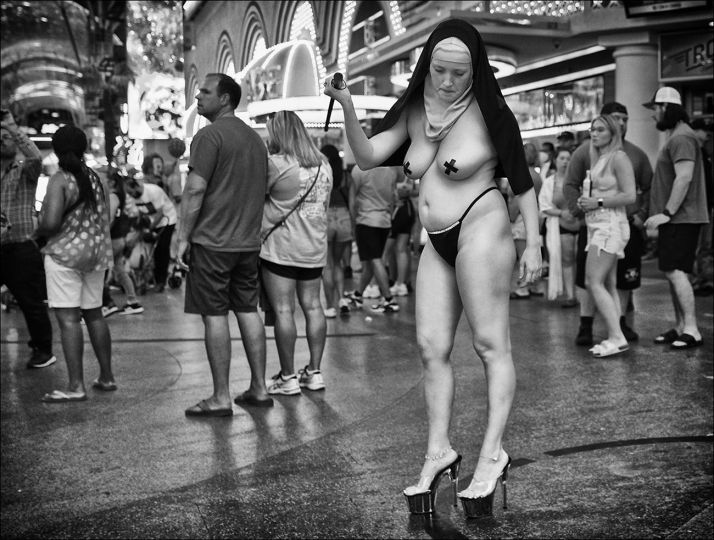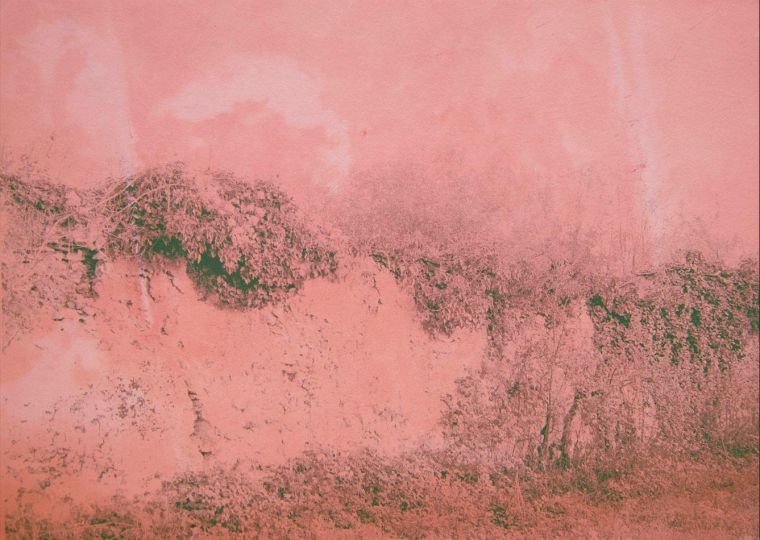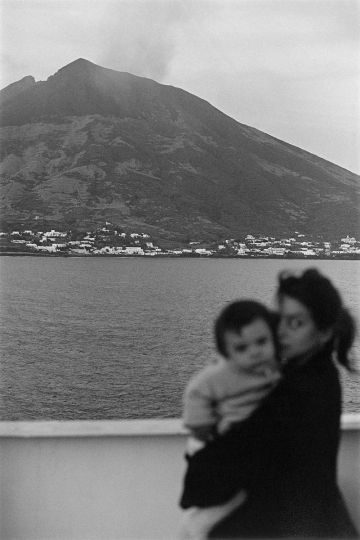Face of Hexagone
Argos Collective / France
Six reportage stories in France today. Six writers and six photographers, with complementary visions. Six blogs shared with the residents. Six journeys back on the trails of the photographer Jacques Windenberger.
The trigger: A meeting with Jacques Windenberger
Face of Hexagone is first and foremost the history of a meeting with Jacques Windenberger, responsable for over half a century’s worth of documentary photography. An encounter based on shared values: he is in the epicenter of the analyzed issues; the time passes and the presence on the field remains essential; journalism is a tool for democracy… Certainly, on the basis of these common pillars, Jacques enters the Argos Collective in 2005. Quite rapidly, an idea of a common work grows, a work that will allow for the creation of a continuity between Jacques’ work and that of the collective.
A strong desire: to work in the France of today
The will: to experiment with a journalism both participative and interactive
Jacques Windenberger couldn’t settle after having travelled across the Hexagone with a curiosity elevated with the aim of revealing the invisible contingencies as a consequence of history, sociology and geography. He also applied a journalistic methodology – information-participation – assuming the risk of the feedback. According to this method, the outcome of the work is subject to the criticisms made by the object of the work before it’s published. The Argos collective has paid tribute to this audacity, applying this method in Face of Hexagon, through a blog, round tables and public feedback.
During the process of the making of the reportages, the blog allows a large public to react on their points of view on the works of the journalist. During the process of the project, round tables will offer locals to confront the documentary work made in their cities, their neighborhoods or towns, in the past by Jacques Windenberger, today by Argos.
A difficult choice: six territories for six teams
The next choice was the destinations for each of the six teams, with no criteria other than the interest of being there and delving into it for several weeks. Only one condition: Jacques Windenberger had to have worked there.
Jéromine Derigny and Aude Raux chose the Plozevet Finistère region.
Cédric Faimali and Sébastien Daycard-Heid have chosen Sarcelles in the Val-d’Oise region.
Eléonore Henry de Frahan and Elsa Fayner chose Saint-Paul-sur-Ubaye in the Alpes-de-Hautes-Provence region.
Guillaume Collanges and Marie Bonnard chose Charmes in the Vosges region.
Laurent Weyl and Catherine Sabbah chose Marseille in the Bouches-du-Rhône region.
Hélène David and Donatien Garnier chose Fos-sur-Mer in the Bouches-du-Rhône region.
A priority: the research on the premises
For this project, the journalists from the Argos collective wanted to begin their research on the premises instead of from a distance, as the new technologies do allow these days. To take advantage of chance, intuition and to trust their feelings.
A perspective: To feed the archives
The work of Jacques Winderberger was recently the object of a partial deposit at the Centre Georges Pompidou Information Public Library (BPI) and a full donation to the Department Archives in the Bouches-du-Rhône region. In a spirit of loyalty to the approach taken by his work, photographic duplicates, sounds and texts will be returned to the local archives of each county. The aim of this being the restitution of a part of history coming back to the citizens.

